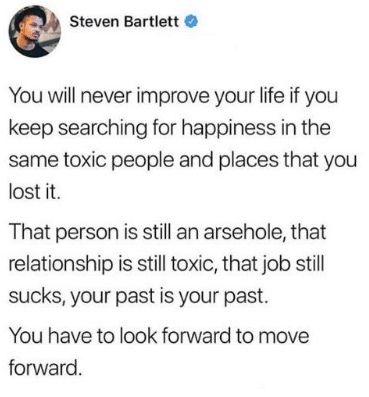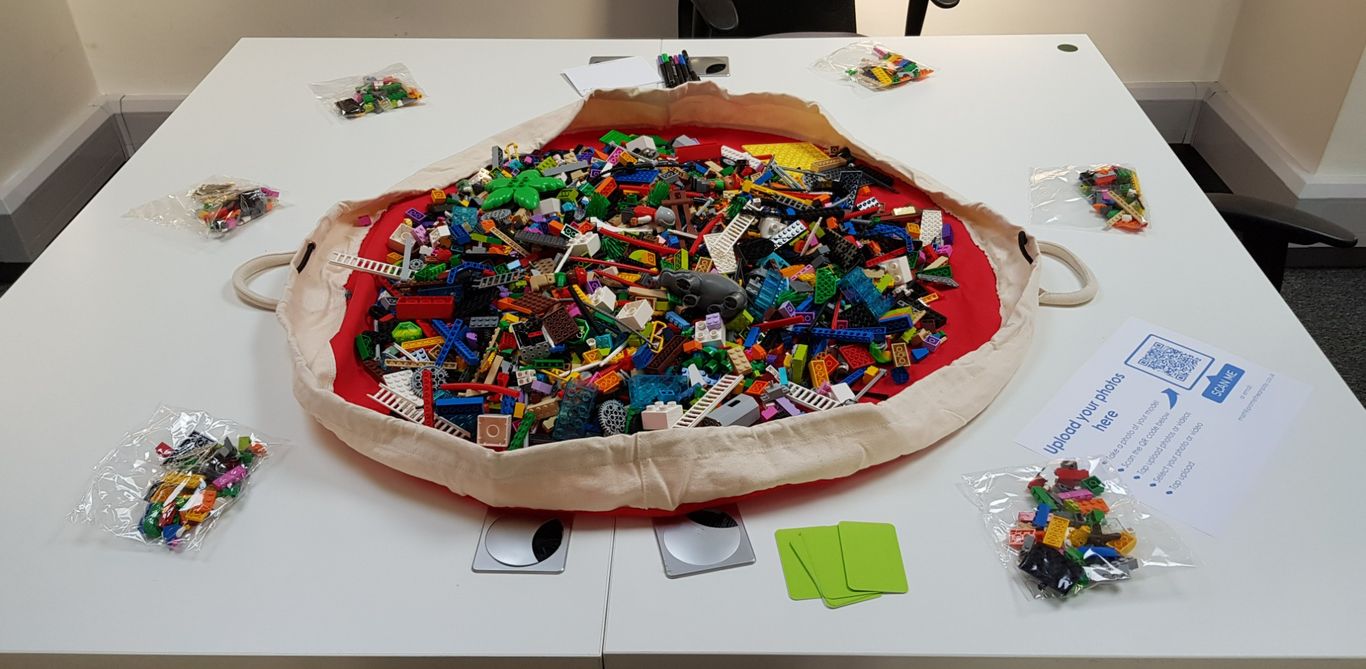My job is working with hot air balloons. It has its highs and lows.
Smart people learn from everything and everyone, average people from their experiences, stupid people already have the answers. Socrates
Last year nearly 15,000 businesses went bust – a 7% increase on the 2020 record, according to thisismoney.co.uk. McColl's is a recent example, citing financial pressures and supply issues.
The great resignation, whether you believe it or not, saw vacancies rise significantly and Gallup still state that managers are the main reason for disengagement. The P&O debacle, or Jacob Rees-Mogg debate on his handling of returning to the office, are yet more examples where we have seen the employee/employer relationship seriously strained!

It’s nothing new when Gallup talk about engaged colleagues being a key factor that contribute to better business results. Or stories of organisations like Patagonia who involve and truly listen to their people, respond accordingly, generating long term and enhanced outcomes. Or when Steven Bartlett and others share social media wisdom it all just makes sense. But why, when we know (and believe) the root causes of success for individuals, teams, and organisations, are there countless examples of where it goes wrong?
Yes, there will be lots of factors surrounding all these things but the extent to which people are involved, connected and engage with each other, and the organisation, is controllable. We can influence that. A couple of years ago, Naomi Stanford reflected on designing listening organisations. Is it critical to design in these capabilities? Is it mainly about how people are led?
Jim Collins, in his publication, How the Mighty Fall, highlights the 5 stages of decline for organisations and the various ‘markers’ that should make you question and reflect – are we heading on a decline? It is incredibly frustrating to be a part of something where you see senior leadership constantly ‘externalising blame’, blatantly ignoring facts or only using data to ‘amplify the positive and discount the negative’. Often a sudden, out of the blue, hire will join the ranks – we are all saved! Or silver bullets will be fired in all directions. We’ve witnessed these and challenged thinking. We’ve seen and heard others do the same. It reaches a point where an individual (a supposed cog in a big machine) has got to ask “can I change it?” – if the answer is no, then “can I put up?" - if the answer is still no, then “is it time to leave?”. Maybe the pandemic also greased the cogs of being less tolerant that has contributed to the Great Resignation and the difficulty in hiring.
At the risk of this becoming a Jim Collins fan club piece, in his best-selling book “Good to Great” (worth a read if you have not already done so), he shares The Map with the world consisting of 4 input stages. Stage 1 is, what he calls, Level 5 leadership and having the right people. It is all starts with people. The X-Factor of leadership, as stated by him, is humility and what do humble leaders do? They listen, respect other views, remove blockers that are causing frustration, they create space for their team to generate new ideas, they surround themselves with people better than them. In contrast, less humble leaders may be full of self-importance, too proud to hear what is really happening, think they know best (mainly based on their own perspectives and often lacking data), even doing things without consideration of others.

This is where we get excited as the LEGO® SERIOUS PLAY® methodology can create the platform for all voices to be heard, with all perspectives considered. It encourages active listening with the ears, as well as the eyes and, due to the structure of the sessions, limits the destructive nature of arrogant leadership. Matthew Syed, in his book Rebel Ideas, calls it out: “…at most meetings then, communication is dysfunctional. Many people are silent. Status rigs the discourse. People don’t want to say what they think but what they think the leader wants to hear. And they fail to share crucial information because they don’t realise other people lack it.” Many of us have been in this situation. LEGO® bricks can’t necessarily be used in every meeting, but sometimes leaders, teams and organisations need a kickstart to help them realise that the answer already lies within!
We spoke to a CEO following a LEGO® SERIOUS PLAY® session we ran in their organisation. As an active participant, listening to every person and hearing all perspectives, they shared with us that they had connected, learning more about the team and their thoughts during the session than they had in a long time. We’ve heard this on so many occasions following our workshops. A definite good use of time in our opinion – plus it was fun!
So, particularly if you are in a leadership position, what can you do?
1) Build time in your diary to listen. Make it a habit. Take people for lunch and be curious. If you’ve got a larger team, a good way of doing it is hosting a coffee & cake party and invite every person who has their birthday that month to attend. Listen intently in a relaxed way. On a day-to-day basis ask people questions like “what do you think about x”, “if you could wave a magic wand, what would you do?”. Use tools like 1-2-4-ALL to draw out all perspectives in a quick-fire way.
2) Commit to doing things that include, connect, and engage your team – particularly when it comes to change or big decision making. A LEGO® SERIOUS PLAY® session is one way to do this but there are many other things you can do that demonstrates how you value the contribution of others.
3) Be clear on your actions. Making decisions is often a part of the job but be clear as to the reasons why, the options you have explored, and communicate effectively. It will help avoid confusion and cynicism.

Qualtrics, in their engagement survey of over 13000 people, found that companies that turn feedback into action have an 80% employee engagement rate. They also determined that employees are 17% more engaged if the environment allows for them to give regular feedback.
Whilst this insight is not revolutionary, it is evident that organisations focused on hearing what their people think are still the winners. Expertise in the workplace should not be pushed aside but considering alternate perspectives, particularly from end-users, can only make solutions better e.g., the finance professional, a highly qualified accountant, will know more about financial systems than an operational leader but they can still learn about how the finance processes are impacting the wider business. We like the celebrity interview to involve others but still draw on the knowledge of the most experienced.
Returning to Jim Collins and his view on what organisations could become, he summarises it nicely: “Greatness is not a matter of circumstance. Greatness is a matter of choice and discipline”.
What will your choice be? And how disciplined will you be?
Visit www.prometheanplay.co.uk to find out more.
